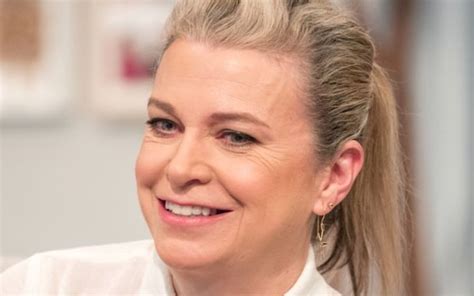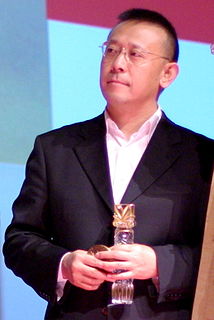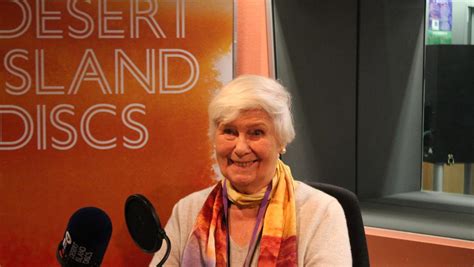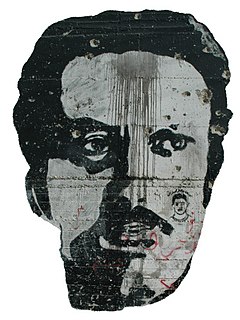A Quote by Lenny Abrahamson
I know that it's axiomatic in the film industry that you're not supposed to let the novelist develop their own story. Well, first of all, that's kind of up to the novelist - because they don't have to sell it. But also, I don't believe it. It's about trust.
Related Quotes
Many novelists say, "I'm not a political novelist" - myself included. That's a standard, even a default position. Whereas that divide between art and politics simply isn't possible in many countries. In Hungary, you couldn't be a fiction writer and then, when asked about politics, put your hands up in the air and say "But I'm not a political novelist." If you're a Chinese novelist, a novelist in a country where censorship is such an issue, how do you claim that politics has nothing to do with your writing? It's in your writing, it's shaping your words.






































